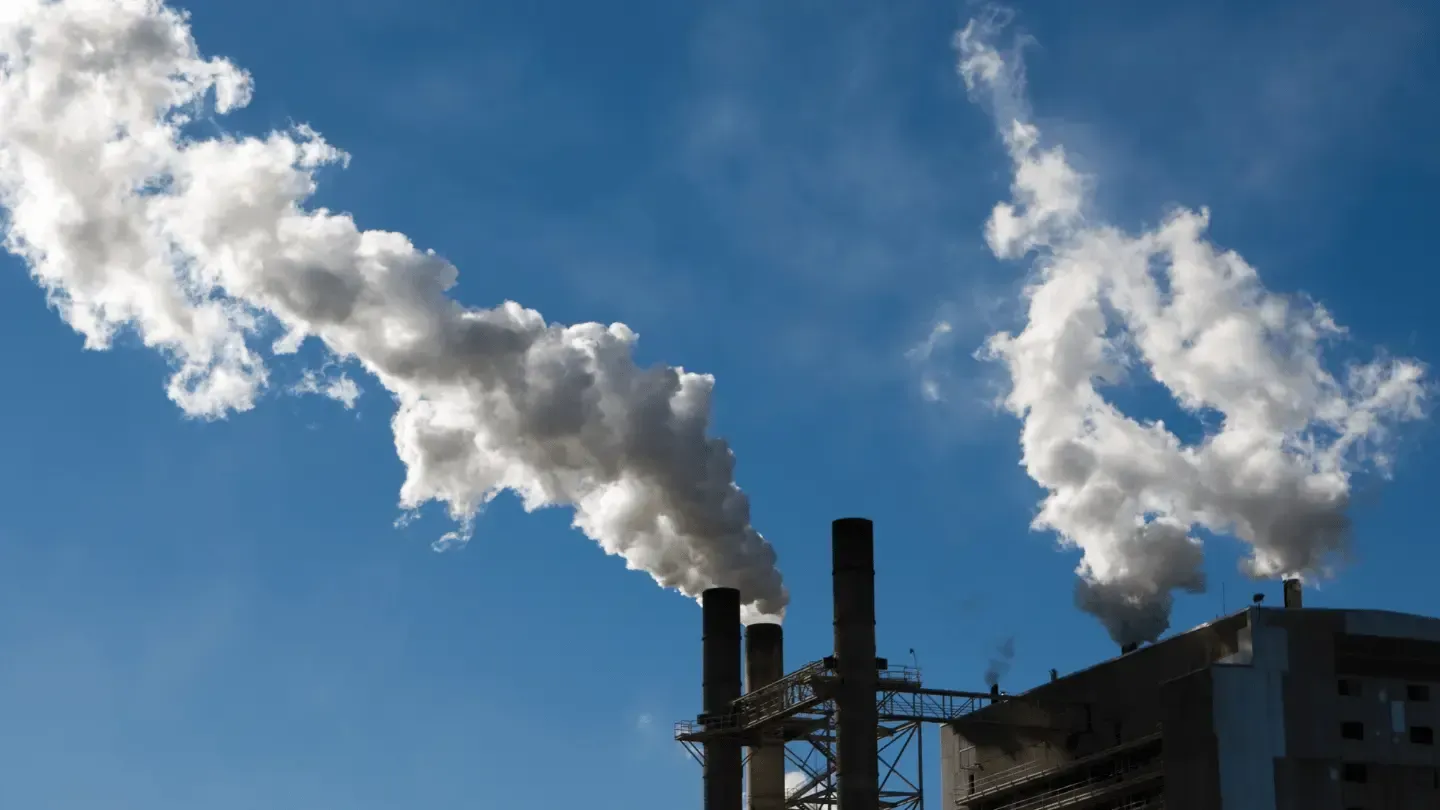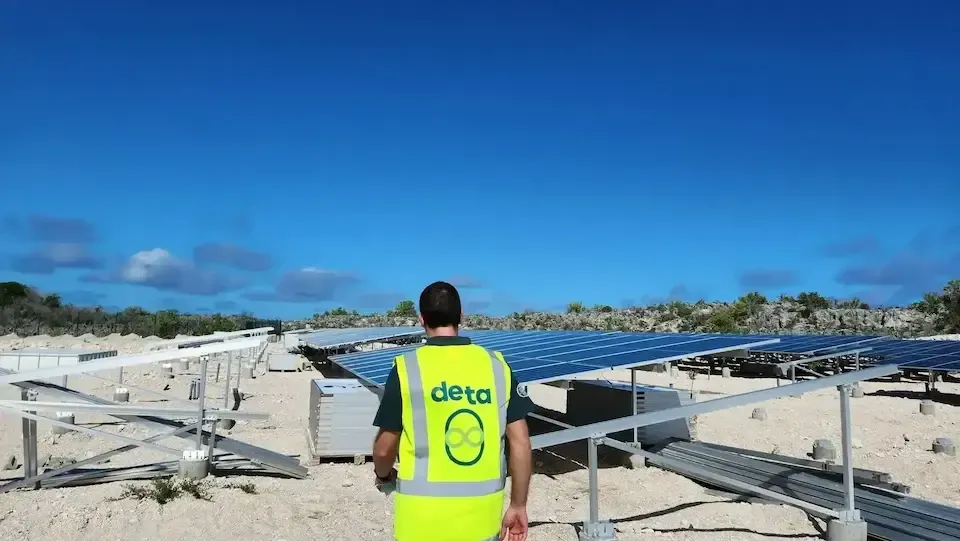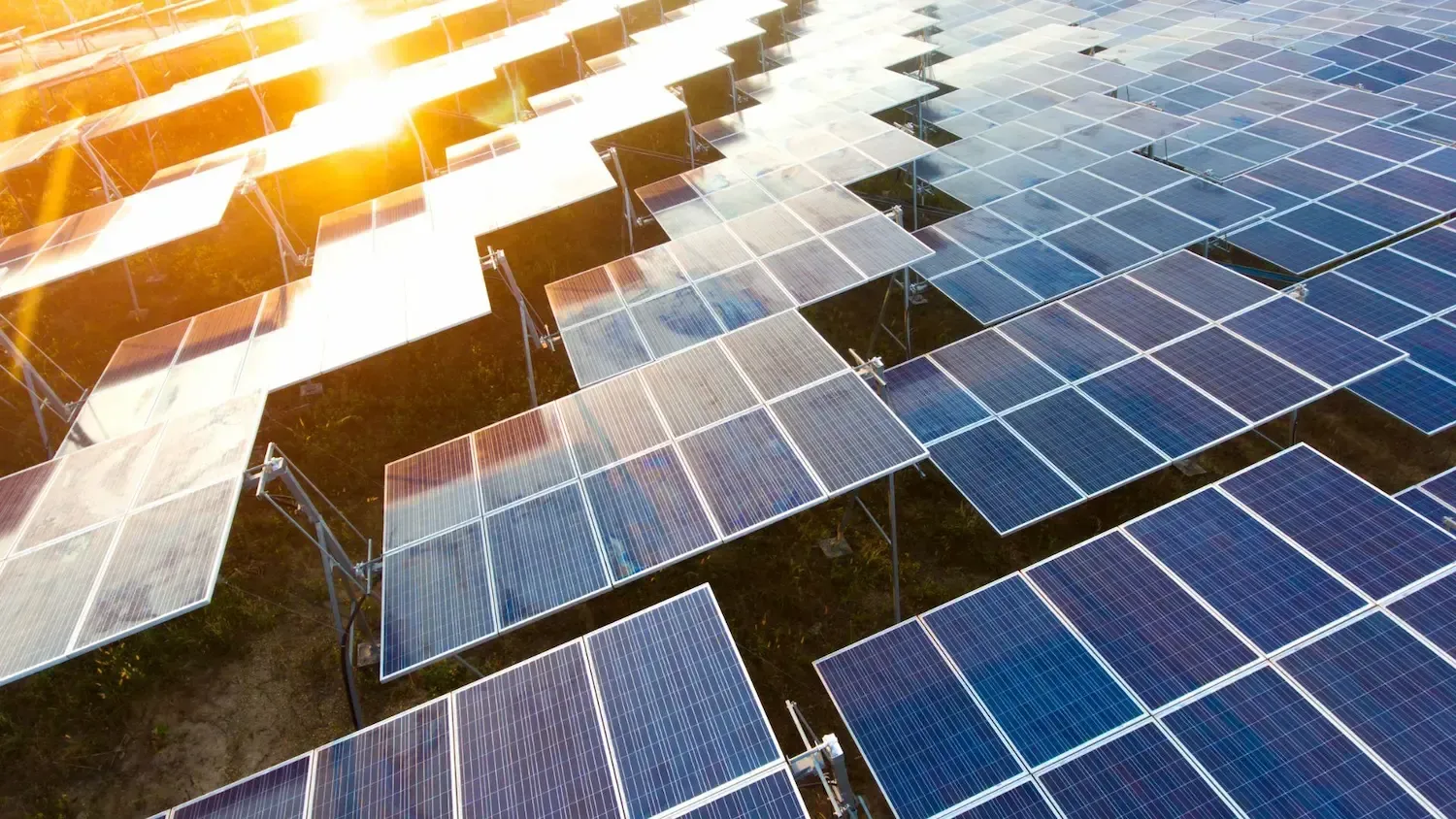Treading lightly: is New Zealand losing its footing in the climate race?
Since the adoption of the 2015 the Paris Agreement, there has been a global push to limit global warming to below 2C above pre-industrial levels, with efforts to restrict the increase to 1.5C. Nearly every nation is a signatory, committing to decarbonisation strategies to reduce greenhouse gas emissions and grow climate resilience with the overriding goal to reach net zero by 2050.
The Paris Agreement operates on a five-year cycle of increasingly ambitious climate action, known as Nationally Determined Contributions (NDCs). NDCs are vital as they detail each country's targets, policies, and measures they intend to implement to reduce greenhouse gas emissions and meet climate goals. It is the NDCs that track each country’s progress to achieve their climate goals, and the government have recently published (July 2024) their updated draft emissions reduction plan to comply.
Where does New Zealand stand?
New Zealand's approach to energy management and policy has been heavily influenced by the World Energy Trilemma framework, which balances the sometimes-conflicting objectives of energy security, affordability, and sustainability. This framework has been widely adopted across both public and private sectors, influencing process optimisation decisions, and helping to shape policies to address the complex trade-offs inherent in energy transition.
While New Zealand maintains high scores in international rankings (including the World Energy Trilemma Index and the World Economic Forum’s Energy Transition Index), the latest 2024 Energy Trilemma Report reveals concerns in New Zealand's energy sector despite strong rankings in sustainability and equity. Key issues include a downgraded energy security score, a 12.5% drop in gas production, rising peak demand, and blackout risks. While renewable energy is expanding, challenges in maintaining consistent energy supply need urgent attention.

We’ve seen gross emissions in New Zealand declining each year since 2019 because of government policies and external factors including the economy, weather conditions, and international fossil fuel prices. However, the emission reductions may not be sustainable due to their reliance on uncontrollable variables such as high rainfall which supported higher hydroelectricity generation rather than power generation from coal and gas.
Although New Zealand is currently on track to meet its short-term emissions targets and budget (2022-2025) comfortably and narrowly meet the second budget (2026-2030), projections indicate the third budget (2031-2035) could be missed by around 17 million tonnes of emissions.
The government acknowledges that without new policies or technological advancements, net emissions in 2050 could still be around 5 million tonnes, falling short of the net-zero target. The lack of new policies and the reversal of some previous climate initiatives (such as the ban on offshore oil exploration and the cutting of funding for green projects), along with external factors such as the continued operation of the Tiwai Point aluminium smelter, have worsened the outlook.
The Government's strategy: more trees, less immediate action
The government's draft emissions reduction plan suggests that instead of aggressively cutting emissions at the source, it may opt for cheaper alternatives like planting more pine trees and restoring natural features to carbon offset emissions rather than reducing them directly through quality energy efficiency services and management. While planting pine trees and other offsets offer a low-cost solution in the short term, relying too heavily on this approach risks creating long-term challenges. For example, forestry-based offsets are vulnerable to risks such as wildfires and pests, and once land is dedicated to forestry, it remains tied up unless carbon credits are repaid. Overreliance on offsets risks hindering efforts of projects to reduce carbon emissions at the source, particularly in sectors like transport and industry which are traditionally energy heavy.

There are fears that New Zealand may fall short of its commitments under the Paris Agreement leading to significant financial costs if the country needs to purchase international carbon credits. Crucially, there is also risk of the outflow of innovation, early-stage companies, jobs, and major projects from New Zealand to other jurisdictions.
As it stands, New Zealand’s approach to climate action seems increasingly out of step with its major trading partners, such as the US, China, the EU, Australia, and others. As these nations ramp up their efforts to meet stringent climate targets, the gap between New Zealand's policies and global best practices widens. This disparity not only risks isolating the country on the international stage but also threatens to impact its economic competitiveness.
A path forward towards net zero emissions
Can New Zealand build on its strong foundation and meet its climate targets, or will the challenges prove too great? Businesses and organisations need to take control of their own energy management strategies. Proactive engagement in decarbonisation services and sustainability consulting services is no longer just a matter of a move towards to compliance but a strategic necessity to stay competitive in the evolving market.
How does DETA help businesses thrive
Global markets increasingly favour low-carbon solutions, those who lag behind in adopting energy efficiency services and carbon management strategies risk missing out on opportunities.

Sustainability brings many benefits to businesses:
- Cost reduction: reduces waste and streamlines processes which lowers operating costs.
- Improved brand reputation: strengthened relationships with stakeholders, attracts more customers and consumers, attracts talent and investors.
- Increased profits: a safer and more productive environment improves economic performance and financial value.
- Encourages innovation: sustainability drives change and innovation to more eco-friendly products and processes to provide a competitive edge.
- Improves compliance: favourably positions businesses ahead of stricter regulations, avoiding potential fines or sanctions.
How to start your sustainability journey
Investing in energy audit services is the first step in developing long-term carbon strategies. Leveraging the expertise of DETA’s energy consultants and sustainability consultants in New Zealand and Australia, businesses not only reduce their carbon footprint but scale their sustainability impact faster to position them as leaders in the transition to a sustainable economy. It’s important to note, whatever your industry, DETA can work with you. Click here to read some of our case-studies and examples of the sectors we have worked with.
DETA identifies cost-effective ways to navigate and manage carbon footprints, optimise supply chains, and reduce greenhouse gas emissions, ensuring both sustainable growth and compliance with environmental regulations. We are actively delivering energy efficiency projects across Aotearoa New Zealand, Australia, and the Pacific regions. To discover DETA can benefit your business, reach out to our energy management teams in our Australia or New Zealand offices. Together we can secure a resilient, net-zero future.





